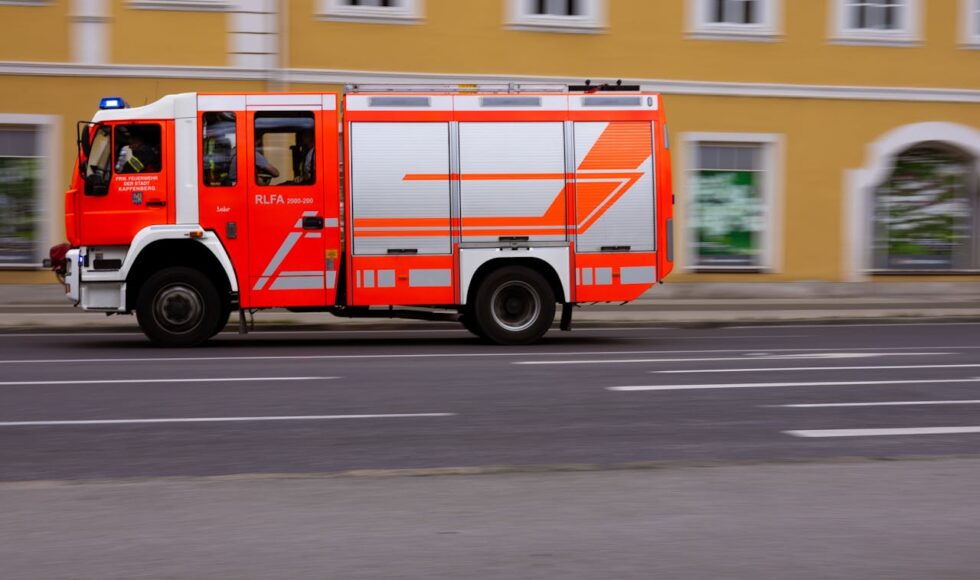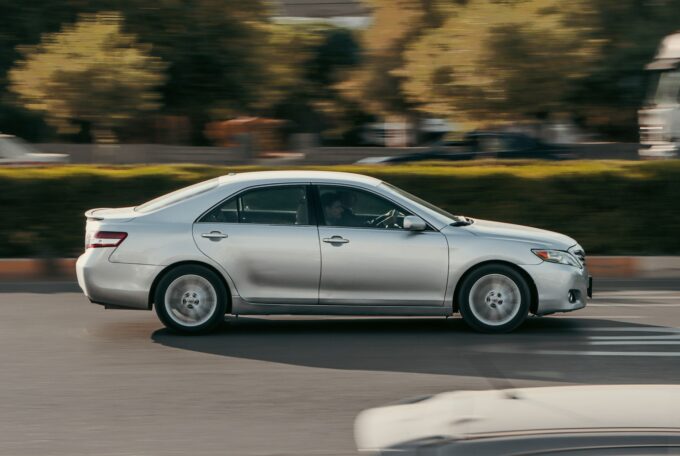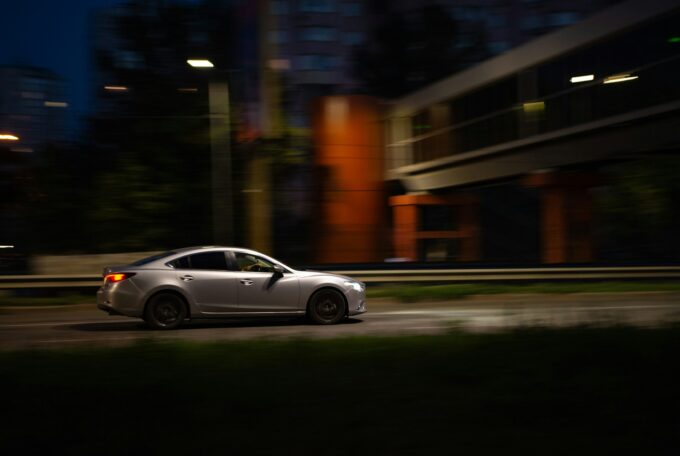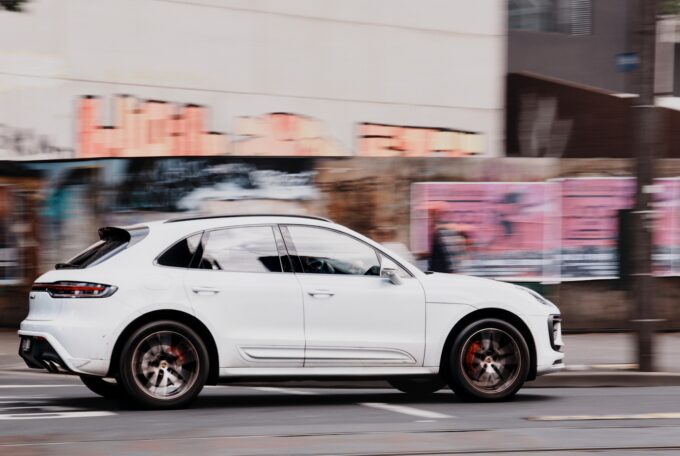Emergency vehicles on the road demand quick attention and care from every driver around them. Whether it’s a fire truck racing to a scene or an ambulance rushing a patient to the hospital, these vehicles move fast for a reason. Louisiana traffic laws give these drivers special permissions, but they also place serious responsibilities on regular motorists to respond the right way. If you do the wrong thing, even by accident, you could get hit with a traffic violation that’s harder to shake off than you thought.
Many drivers don’t realize that failing to follow the proper rules around emergency vehicles can lead to costly penalties. Speeding near or around one, not pulling over in time, or misreading the situation entirely can all count against you. It’s more common than most people think, especially if you’re driving distracted or caught off guard. Understanding how these laws work in Louisiana and knowing what actions can lead to a ticket can help you stay safer and avoid legal trouble.
What Are Emergency Vehicle Speed Violations?
Emergency vehicle speed violations in Louisiana usually involve breaking laws that are in place to protect both first responders and the public. These violations happen when a driver either doesn’t take the correct actions when lights or sirens are present, or they respond in a way that’s unsafe, such as speeding up to get around a fire truck or braking hard at the last second when they should have moved over earlier.
These rules apply even when drivers panic or aren’t sure what to do. Louisiana law says you need to yield the right of way to emergency vehicles using their sirens and flashing signals. That doesn’t just mean pulling into the shoulder when one’s behind you. It also includes slowing down or changing lanes if one is stopped on the side of the road. Ignoring those actions can count as a violation, especially if your driving puts anyone at risk.
Drivers should also watch their speed closely in these moments. Even if you’re trying to get out of the way, going too fast in the process can get you pulled over just as fast. The law makes clear that staying in control and reducing your speed when near emergency activity is expected. That includes fire engines, ambulances, police cruisers, and often utility trucks with flashing lights handling roadside work.
Here’s how this might look in a real-life example: a driver on I-10 hears sirens and sees flashing lights coming fast behind them. Unsure about what lane to move into, they swerve quickly into the next one and speed up to avoid blocking the road. Although well-meaning, the move creates a dangerous situation, and they end up with a violation for failing to yield properly and speeding near an emergency vehicle. Knowing the right steps could have made a big difference.
Common Situations That Lead to Speed Violations
Too often, traffic violations around emergency vehicles come from confusion or panic. Drivers don’t always get a lot of time to think through what they’re doing, and that can lead to bad calls. Speeding in these moments is one of the most common mistakes and usually happens in a few key ways.
Here are some everyday scenarios where drivers slip up:
1. Trying to beat the siren by speeding up at an intersection to get through before an emergency vehicle arrives
2. Merging too fast into another lane to get out of the way, leading to unsafe lane changes or increased speed
3. Failing to slow down near a stopped emergency vehicle on the shoulder, especially on two-lane roads
4. Misjudging the distance of an oncoming emergency vehicle and assuming it’s safe to continue at full speed
5. Driving too fast past accidents or scenes with flashing lights, even when reduced speed signs or flaggers are present
In Louisiana, especially during busy times like the fall when school and sports traffic picks back up, it’s easy to get distracted or feel rushed. Maybe it’s early morning fog or evening glare that makes it harder to spot flashing lights until you’re close. But the law expects you to be alert no matter the conditions, and the penalties don’t change based on how rushed or distracted you are.
Taking a breath, checking your mirrors, and maintaining a safe, steady speed when you’re near emergency activity can help keep you on the right side of the law and keep everyone safer on the roads.
Legal Consequences And Penalties
Speeding near an emergency vehicle or failing to yield might seem like a simple mistake in the moment, but the legal consequences in Louisiana can leave a lasting impact. These are treated seriously and often carry more weight than typical moving violations. A single citation could lead to a heavy fine, points on your driver’s license, and higher insurance premiums. The more you have on your record, the harder it is to explain away future violations to insurers or even employers.
What you might not realize is that these violations can also be considered reckless under certain conditions. That means if your actions caused a close call or made it harder for emergency crews to do their jobs safely, the penalty could increase. In some cases, judges hand out additional penalties like traffic school or community service, especially if the court thinks the behavior put lives at risk.
Another thing to keep in mind is how Louisiana handles repeat offenses. If you’ve had other tickets in the past, especially for speeding, your risk of facing steeper penalties goes up. This can multiply the damage to your driving record, which opens the door for license suspension or more intense scrutiny. Insurance providers also tend to flag these violations, which means you could be dealing with long-term costs that go far beyond a fine.
Trying to handle these charges on your own can get tricky. Courts don’t always offer much leeway, especially if your paperwork isn’t filed right or deadlines get missed. That’s why it often makes more sense to let someone who knows the process take over. When your license, insurance, and future are at stake, it helps having someone on your side who’s been through this before.
How A Traffic Violation Lawyer In Louisiana Can Help
When you’re facing a traffic violation connected to emergency vehicle laws, it might seem like you can just pay the ticket and move on. But in Louisiana, these types of tickets carry risks that can stay with you for years. A traffic violation lawyer in Louisiana knows how to look closely at the details of your case and find opportunities to fight the charge or reduce the penalties.
Every situation is a little different. You may have had a limited view of the road, unclear signage, poor weather conditions, or even a misunderstanding of what the emergency vehicle was doing. A lawyer can raise these kinds of issues in court where they might help your chances. They will review any video evidence, track how the ticket was written, and look at how the stop was handled to catch any issues that could work in your favor.
Here are a few ways they can assist:
1. Reviewing police reports and breaking down the exact reason for the ticket
2. Gathering any video footage or dash cam evidence from your vehicle
3. Questioning whether all laws and procedures were followed during the stop
4. Negotiating with the court to minimize or clear the ticket if facts line up
5. Avoiding points on your record that raise insurance and risk suspension
They bring experience that helps level the playing field when you’re standing before a judge. You may not know which wording to use, what types of evidence carry weight in traffic court, or how to push back against a wrongful citation. Having someone speak for you can make all the difference between a costly penalty and resolving the case with less damage.
Navigating Emergency Vehicle Rules In Louisiana
Avoiding trouble around emergency vehicles isn’t just about reacting fast. It’s also about staying educated and calm when you see lights and sirens. Louisiana has laws that apply whenever emergency responders are moving through traffic or parked on the road handling another issue. Knowing them ahead of time is the easiest way to stay out of legal trouble.
Here are some simple ways to avoid emergency vehicle violations:
1. Pull over safely and quickly when an emergency vehicle approaches with lights or sirens
2. Move over at least one lane if you see a stopped emergency vehicle on the shoulder, or slow to a safe speed if changing lanes is impossible
3. Don’t try to pass emergency vehicles responding to a call, even if you feel like you can get ahead
4. Never tail an ambulance or fire truck for the sake of skipping traffic
5. Pay close attention to weather or road conditions that can block your line of vision
One example is driving on a narrow highway and noticing flashing lights behind you. Instead of hitting the gas to reach the next exit, it’s better to slow down and safely pull to the side as soon as it’s possible, even on a narrow shoulder. That small move shows you’re making room and keeping everyone safer without pushing the limits.
Taking time to remind yourself of these rules, especially in the fall when traffic gets denser and darker skies come earlier, makes you more confident behind the wheel. It also lowers the odds of running into trouble when every second counts for first responders.
Stay Ahead by Knowing the Rules
Being aware of how emergency vehicle speed violations work in Louisiana can make a real difference in how you handle yourself on the road. A quick decision under pressure might seem harmless, but the wrong reaction could lead to long-term problems like fines, points, or higher insurance rates. These penalties can be avoided by knowing how to stay calm and respond correctly when lights appear and sirens start to close in.
For most drivers, these issues come down to uncertainty. It’s usually not about ignoring the law, but about not having the right information when it matters most. Whether you’re moving through Baton Rouge, driving down I-12, or heading across a quiet parish road, staying informed can help you avoid surprises and protect your driving record.
Avoiding emergency vehicle violations starts with knowledge and understanding. If you’ve already received a citation or need expert guidance, speaking with a traffic violation lawyer in Louisiana may help you protect your driving record and avoid unnecessary penalties. The team at LouisianaSpeedingTicket.com is ready to guide you through the process and work toward the best possible outcome for your case.





